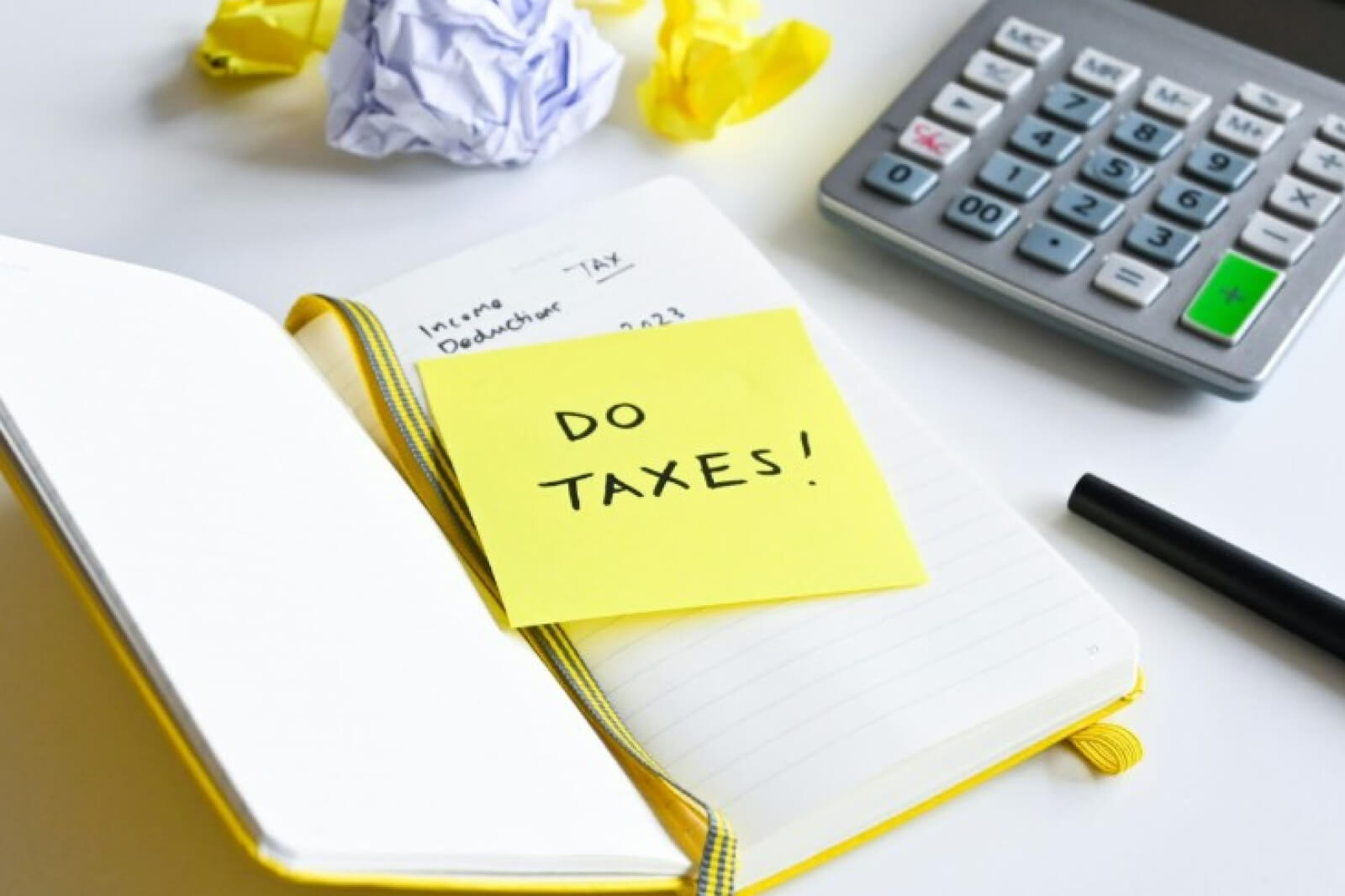Why You Should Buy a Home You Can’t Afford

Jul 29 | 2016

They say Home is where the heart is. We say Home is where the money is.
Investing in the stock market is the classic way to invest. You buy a stock, then wait for it to make you money. You don’t have to get your hands dirty. But going classic is not always the best way to go, especially when you have the potential to make even more by trying another investment strategy.
Two words: Real Estate. We know what you’re thinking. Maybe you won’t be like the cast of Million Dollar Listing, who scours Los Angeles for the most dazzling homes and receives commissions that could buy several bungalows in the Galapagos. But you could use real estate to your advantage with a little research and a little heavy-lifting. It may just be worth it in the end.
So you want to become a landlord? If you decide to go on this path, you’ll have to buy the property, pay the mortgage, and the tax and maintenance costs. You’ll be responsible for renting out rooms to tenants and vetting them so they won’t drive you crazy knocking on your door at 3am. But after all is said and done, you get the mortgage out of the way, and break even, you’ll get the chance to raise your rent and collect positive cash flow.
What’s that you said about cash flow? Not just positive, but it could be tax-free, depending on if you’re classified as an active investor, a real estate professional, and of course, depending on your income. To find out more on if you’re qualified, check this out.
The other thing about investing in property is that it forces you to make a commitment. Afraid of the C-word? Here’s why you shouldn’t be. According to an article on Entrepreneur.com, “Rental real estate is a forced retirement plan. Americans are terrible savers. We lack the self-discipline to put a monthly deposit into our IRA, SEP or 401k as small-business owners. However, buying a rental property is a significant commitment that you are required to commit to and maintain. You will always be grateful in the long-run when you don’t give up on it and build future cash flow and wealth.”
If you’re not interested in being a landlord, consider a REIT. It stands for Real Estate Investment Trust, and it means you can invest in a portfolio of properties by purchasing stock. You’ll get paid dividends which will act as consistent income. For more on the different types of REITs, and to see what’s right for you, click here.
The real estate market may also be a more stable option than the stock market, depending on the season. Investopedia cites the example of the “Flash Crash” of May 2010 as a moment when the stock market was highly volatile, therefore lauding the “more stable pricing” of real estate.
Investor Peter Koulizos agrees:
“When you factor in the return and risk associated with buying property and shares, property wins hands down, shares have [marginally] higher capital growth, but the difference in risk is huge. The risk is measured in variation in returns and capital growth (or loss) on shares can range from +40% in a year to -40% in a week! You don’t get that sort of variation in property, hence it is considered a safer investment.”
Investing in property is a great option that can lead to impressive profit. Anyone can throw money at the stock market, but some of us should go back to the nest.










